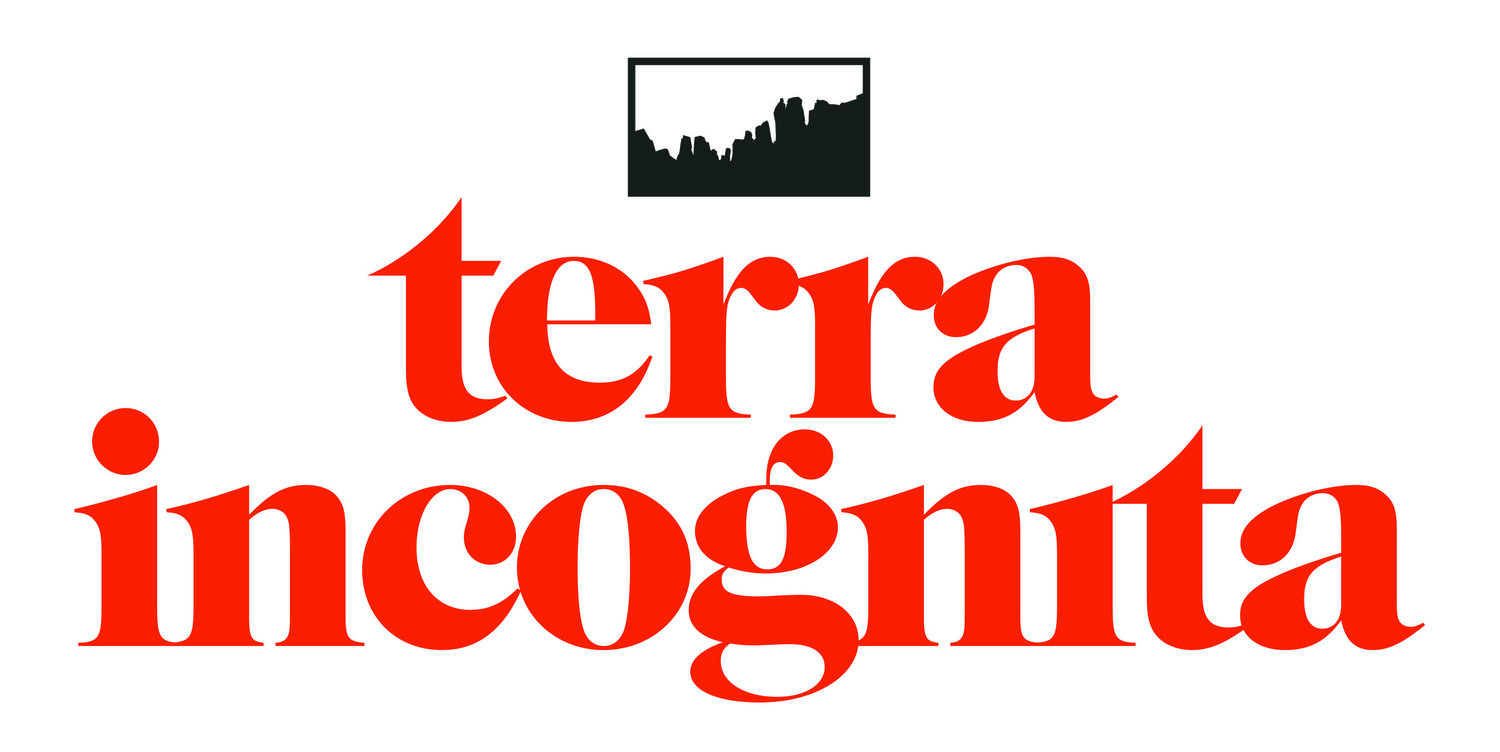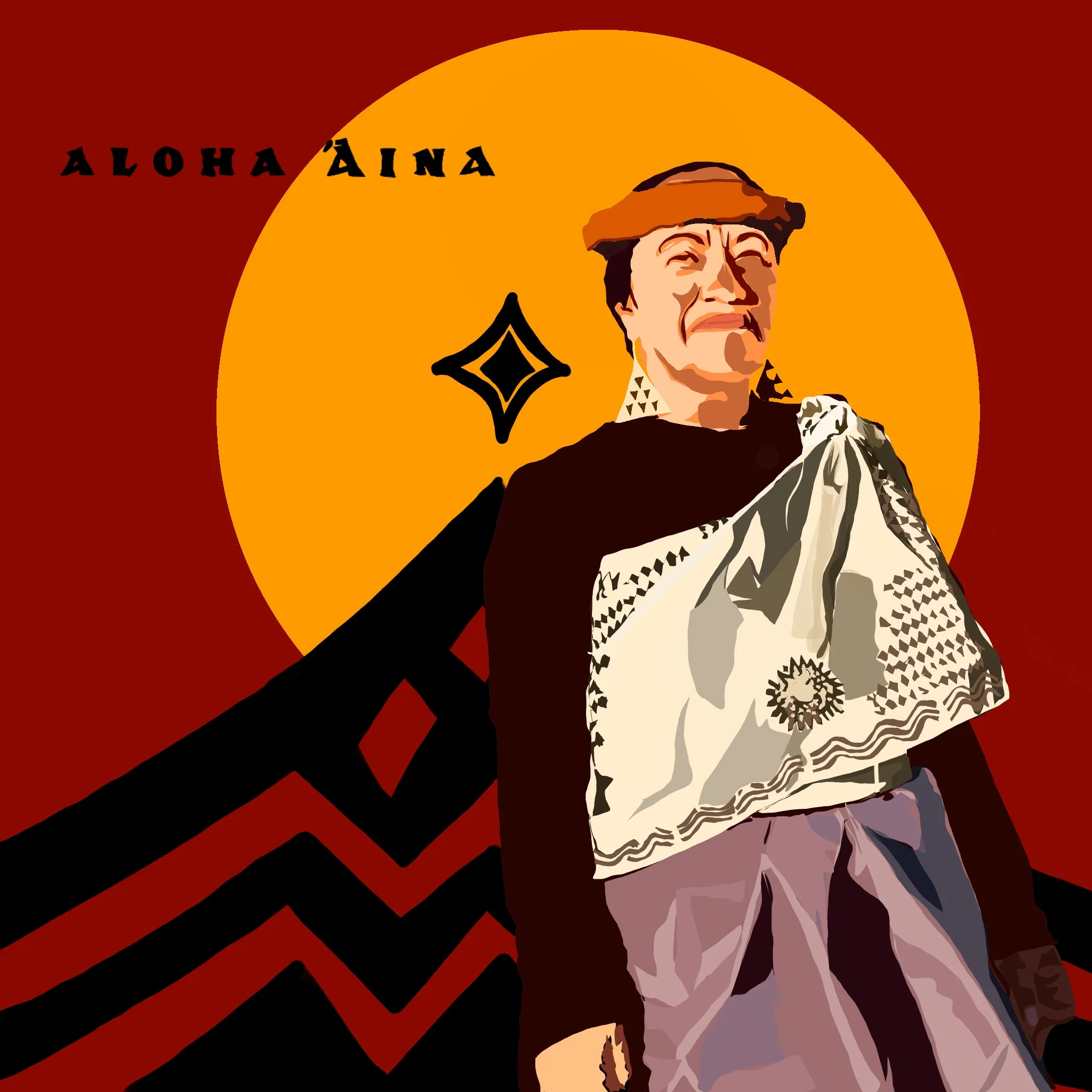What Keeps Black Womxn from Getting the Money They Deserve? Institutional Racism and Sexism, and... Excuses.
According to the April 2019 report by the National Partnership for Women and Families, “Black women in the United States who work full-time, year-round are typically paid 61 cents for every dollar paid to white, non-Hispanic men,” a fact pulled from the U.S. Census Bureau 2018. Race, gender, class, and ability, are just a few major factors that impact Black womxn’s ability to get paid what they deserve. It’s not just a matter of learning how to negotiate a pay raise. Black womxn experience workplace harassment and discrimination. This of course, compromises Black womxn’s safety, and it makes their ability to work incredibly challenging since harassment and discrimination can cause phsyical, emotional, spiritual, and psychological harm.
The Well reports, Black womxn don’t earn less because they are less qualified. In fact, Black womxn are among the most educated in the U.S. They express greater desire to advance in the workplace, and they start their own businesses while working. Institutionalized racism and sexism keeps Black womxn from earning their share.
What Keeps Black Womxn From Getting Paid? Excuses.
Elaine Welteroth, a journalist, New York Times bestselling author, judge on Bravo’s “Project Runway,” and former editor-in-chief of Teen Vogue, where she made history as the youngest and second African-American editor-in-chief in Condé Nast history, says that the “outdated notion of hiring for a ‘culture fit’” hinders Black womxn from getting the pay they deserve. Usually, “culture fit,” is an excuse for a lack of complete assimilation into white supremacy culture -- the culture that infiltrates most workplaces since our workplaces are just microcosms of our larger society and systems.
What are you doing to interrupt white supremacy culture in your workplace? Look for these characteristics and ask your boss or team how you can make some changes and improvements for a healthier workplace.
Speak UP!
If we live in a white supremacist culture (which we do), then of course, our workplaces will be influenced by this. If you are white, how are you advocating for a culture shift in your workplace instead of putting the onus on Black womxn?
Especially if you are white and you hold a high position at your company, you need to interrupt this toxic and deadly pattern. Speak up. Use your voice. Don’t miss the opportunity to do the right thing. (Spike Lee pun intended).
Talk with your co-workers about how much you make, especially if you are white! The taboo around money in our society only keeps whiteness in tact when it comes to staying hushed about how much we are making for the same work.
A Message to White Males In Particular:
Ensure first that there ARE Black womxn in your workplace (there’s a lot of deep work to be done if this is not the case). Secondly, ensure that they are getting paid what the work is actually worth, and/or that they are paid as much, if not MORE than you for doing the same work.
What Are We Doing at Terra Incognita Media About This?
We are working to constantly dismantle white supremacy culture in the ways we work as a team. We aim to uplift the work of Black womxn and the issues they face on our platform. We are dedicated to getting funding so that we can hire and sustain Black writers and artists and pay them what they are worth. Right now, we pay $50 per essay and art piece because that is all we can afford as we work to get Terra off the ground. We are ramping up our fundraising efforts, so paying folx what they are worth is our reality, especially for Black womxn.



